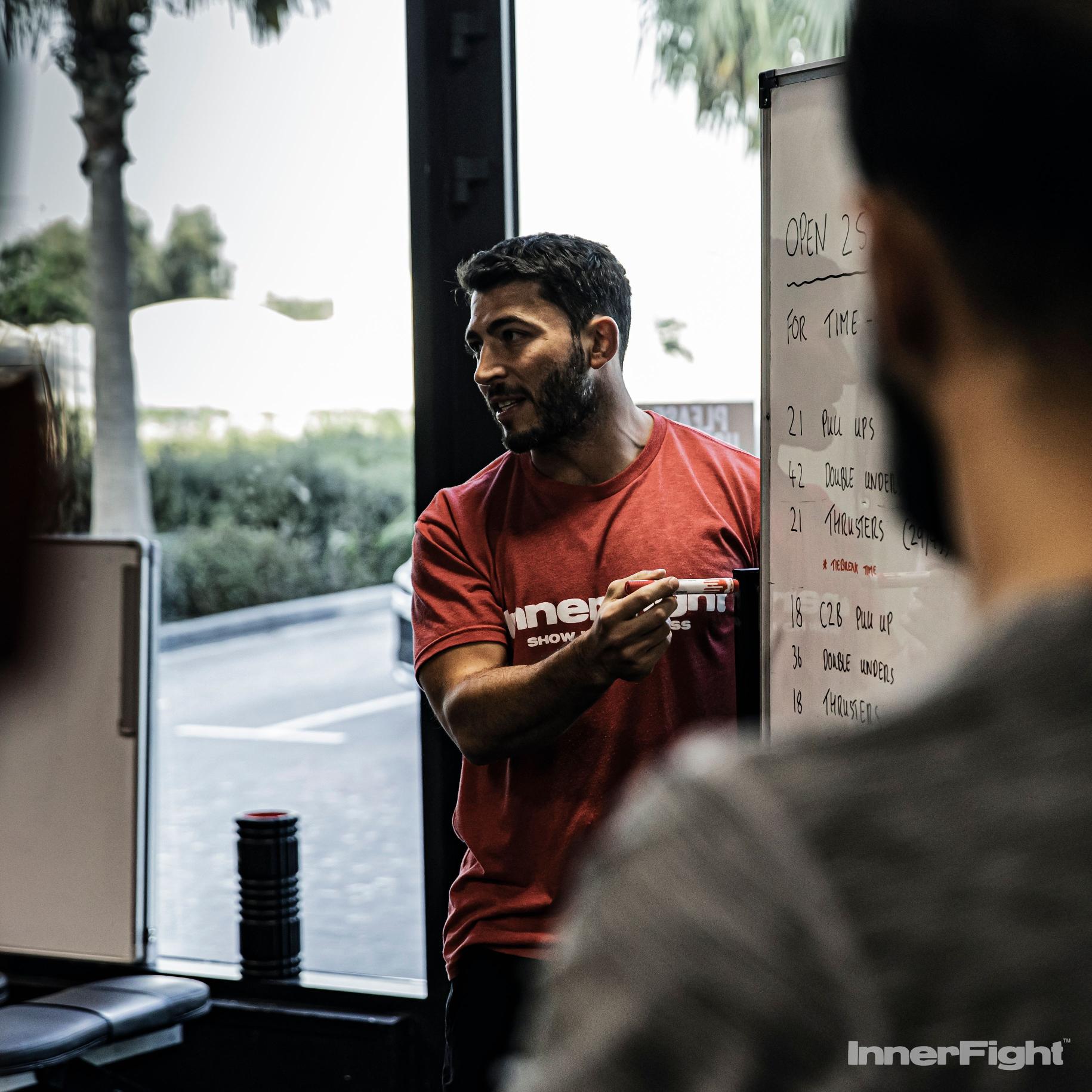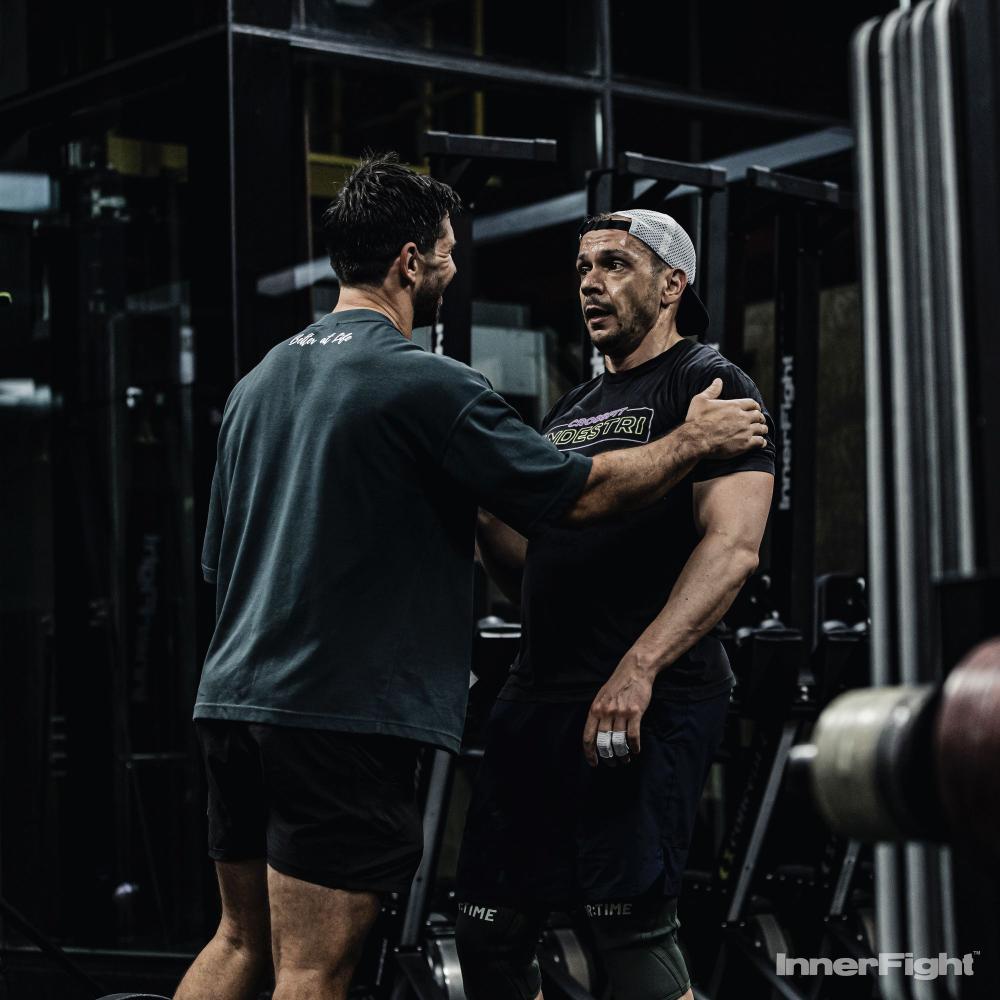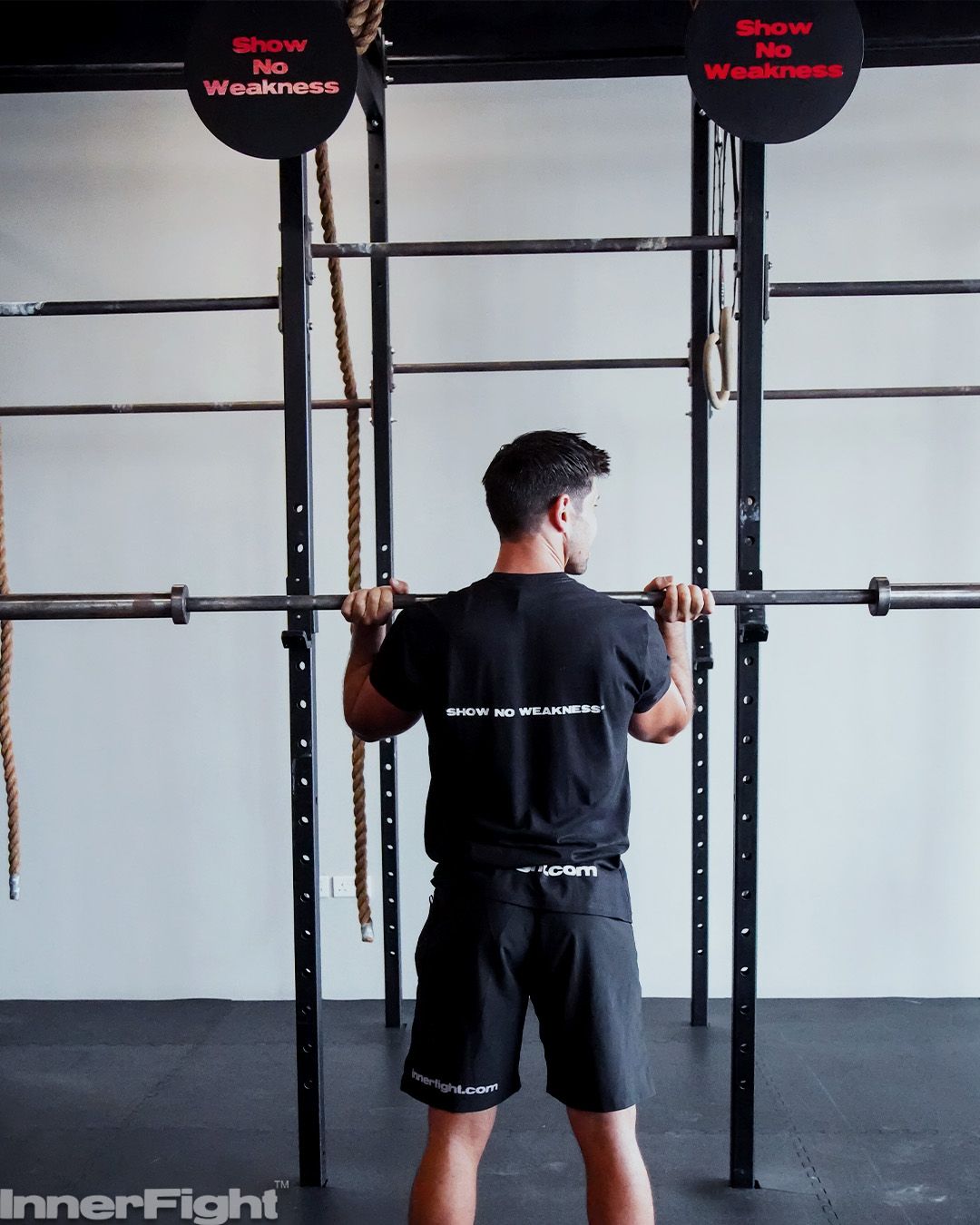Mentally Recovering From an Injury
.avif)
Whether you are a professional athlete, a weekend warrior or someone that loves to workout a few times per week, suffering an injury can feel like your whole world has stopped.
A lot of people use exercise as a coping mechanism for life stresses because exercise increases endorphins, dopamine and adrenaline. These chemicals are associated with feeling happy, confident, less stressed, less anxious and even feeling less physical pain.
Take those away and it's like taking away a drug. It’s not just the physical pain from an injury that you feel but the physiological pain as well and this can have a profound impact on our emotional well-being.
Emotional responses to injury can include: sadness, isolation, irritation, lack of motivation, anger, frustration, changes in appetite and sleep disturbance. These can lead to depression, anxiety and in some cases post-traumatic stress disorder.
Physical injury and mental health are therefore closely linked, when mental health is poor recovery often takes longer or doesn’t occur. Most people focus on doctor and physiotherapy visits, on doing their rehab exercises, eating better, reducing inflammation etc, but what is often overlooked is the importance of treating or managing the psychological side.
Recovering mentally can be equally or more difficult than recovering physically but the two need to go hand in hand.
You can take a proactive approach to mental recovery by following the below actions:
1. Acceptance
Accept your current state of injury and own your responsibility for your self-care. Acknowledging the problem makes it easier to develop a solid plan for recovery. Denial of the situation will only interfere with your recovery.
2. Honor your emotions
You may feel separated from your workout buddies, out of the loop of the action and frustrated by the inability to perform. Injury is a type of loss and you should be prepared for a variety of emotions related to your change of circumstances. You may experience the five stages of grief: denial, anger, bargaining, depression and acceptance. These stages don’t necessarily happen in order and moving back and forth between them is a normal part of processing.
3. Focus on the present
Whenever we are injured we want to be better right now. Truth is injuries require time and patience to heal. Focus on the here and now and take each small step at a time rather than focusing on the distant future. Reminding ourselves that right now, in this moment, we are actively healing will help.
4. Focus on the things you can control
Control your diet, drink more water, eat healthier foods and find alternatives ways to exercise. As a coach we are always creating new ways to adapt our clients training based off any injuries or niggles they may have. For example: If you have a shoulder injury then you can always focus on your lower body and core until your shoulder has healed.
5. Maintain optimism and visualize
Healing from an injury and the time required to recover from it can lead to being overwhelmed with negative thoughts. Use positive affirmations to keep your attitude optimistic and you will find your body follows the suggestions of the mind. Visualize yourself back to full health. Your mind is a powerful healing tool and imagery has been used in healing for for centuries. By creating images in your mind, you can reduce pain and other symptoms tied to your condition. The more specific the visualization the more helpful it will likely be.
6. Set Goals
Goal setting is a good tool for anyone facing a lengthy healing process. It can help guide your behavior, create focus and sustain your momentum. It also helps us feel more in control. Hitting each small goal on the road to recovery will build self-esteem and keep your purpose or end goal clear.
7. Ask for help!
This is very important. We are hardwired to want to do things on our own and be independent-minded and asking for help often makes people feel uneasy because it requires surrendering control to someone else.
Having a coach or therapist that you can talk too can be a very helpful motivator and support system in getting you through your recovery process. Don’t be afraid to reach out to a friend, your coach or someone from your class. Most people do want to help.
Everyone is different and some people may take longer than others to come back from an injury for various reasons but one of the most important things to remember is that your situation is temporary and no matter what emotions you are feeling right now know that with work and time it WILL improve.
Equally if you see someone that is injured ask how they are physically but also consider what might be going on inside and not just on the outside. Don't just ask if they are ok without caring about the answer, be there to support them if needed.





.avif)


.jpg)
.avif)

.jpg)
